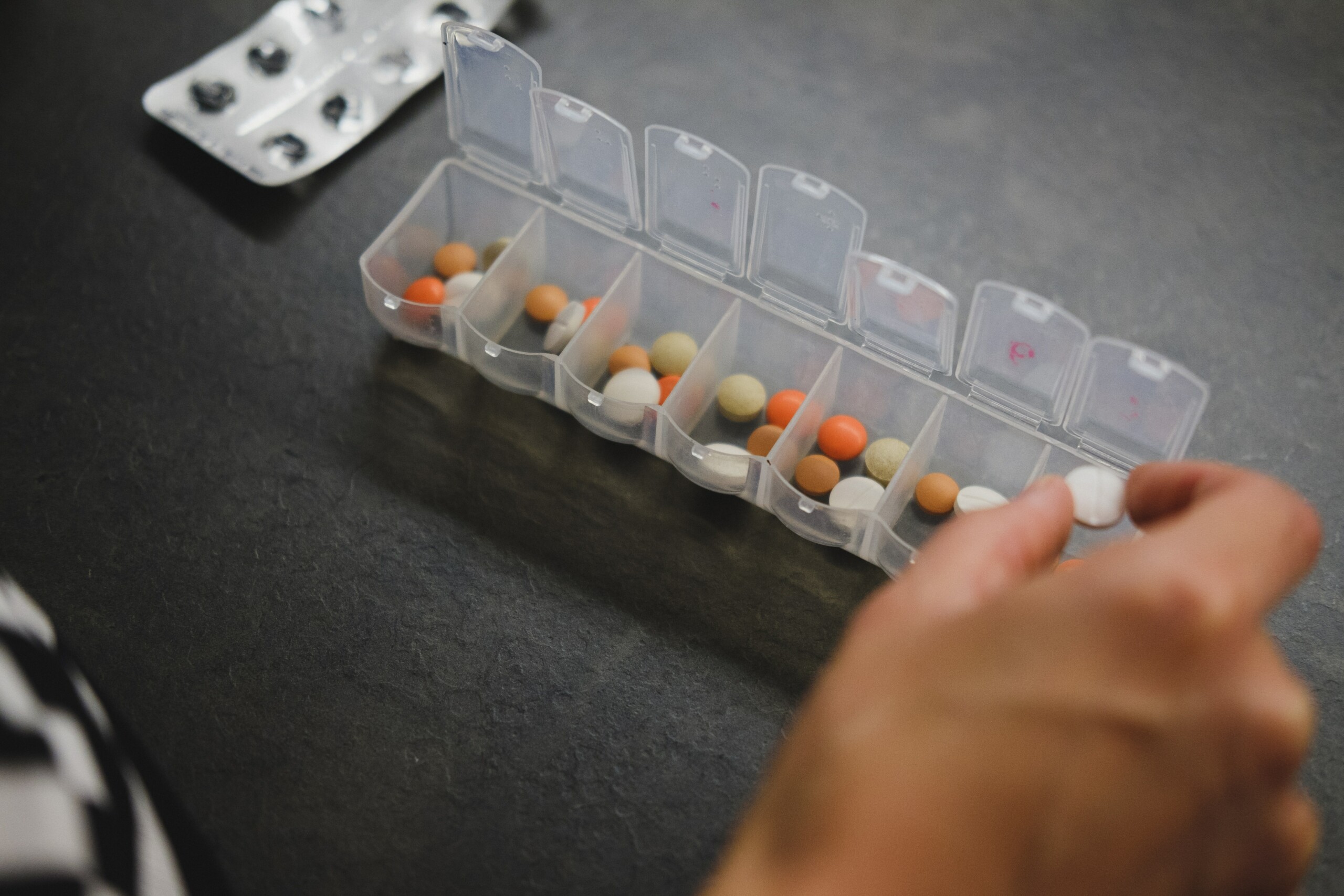What to know about your medications

Photo by Unsplash - Laurynas Me
There’s plenty of advice out there when it comes to physical health about diet and exercise.
It makes sense: those are two of the biggest and most important topics related to our health! A proper diet and an exercise routine contribute to long-term health goals.
But one major part of our continued health that’s especially relevant to older adults is one we can sometimes take for granted: our medications!
Let’s be clear: the most important advice and answers about taking your medications should come from a healthcare professional. This article just includes some helpful tips, curated by Sinai Health from Toronto, about medications. Let this inform you of things you can ask your general practitioner or pharmacist about!
And it is important to ask questions: as folks age, they are more likely to be on multiple medications, whether prescribed or over-the-counter.
According to Sinai Health, 40 per cent of Canadians are taking one inappropriate medication; while 13 per cent are on multiple inappropriate medications.
With older Canadians also being at risk for issues with eyesight, mobility and memory: the chance for improper medication use only increases.
Here are two great ideas and questions you can ask yourself or take to your medical professional to make sure your medications are on point!
Does your GP or pharmacist know every medication you’re on?
There’s a chance they might not! You could have gone to a walk-in clinic for an acute issue and received either a prescription medication or over-the-counter recommendation. Your family doctor or pharmacist might not know you’re taking this in addition to other medications.
It’s important to make an appointment periodically with your pharmacist or family doctor, go over all the medications you’re on, what they do and how they might interact. Be sure to ask questions as well!
Do you know every medication you’re on?
Can you name every medication you’re on right now?
Not just “heart medicine” or “anti-depressant,” do you know their full name? Do you know if you’re on the generic? Could you name every dosage, as well as when you take them over the day?
It’s okay if the answer to those questions is “no!” That’s a lot of information for anyone to remember, off by heart.
It’s recommended you make a list of your medications. It doesn’t have to be anything fancy, as long as you can access it when you need it. It could be a hand-written list you keep in your wallet or purse; a note on your phone you can bring up to show others; or if you want to get really fancy, type it all out and laminate it.
This kind of list is important for several reasons! It’s vital for emergencies when a paramedic or emergency room doctor might need to know what prescriptions your on in a timely manner. Or, if you’re heading to that appointment with your family physician or pharmacist, you can go over each of your medications in turn. Having one of these lists accessible by a family member or close friend is also important: this is information you might not be able to communicate if you’re unconscious!
Include vitamins or over-the-counter medications on this list as well: you’d be surprised at what interactions might occur, even with something as simple as St. John’s Wort.
A couple of simple actions, questions and discussions like the ones recommended above, and it could mean a world of difference when it comes to long-lasting, overall health. Nothing is more important to us at Unison, for Generations 50+!
